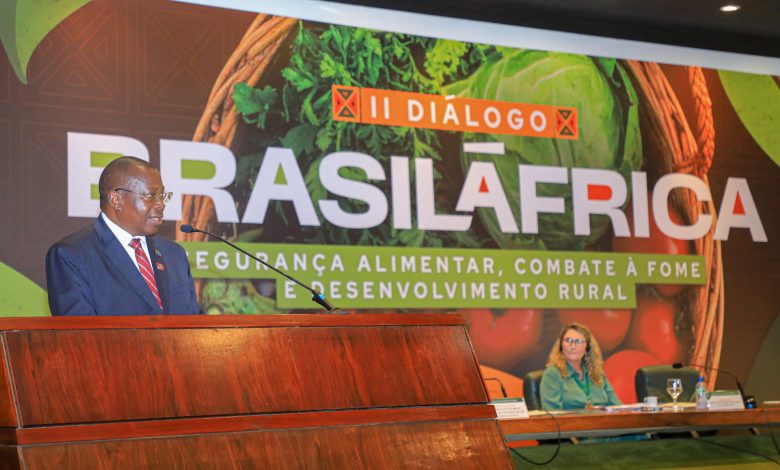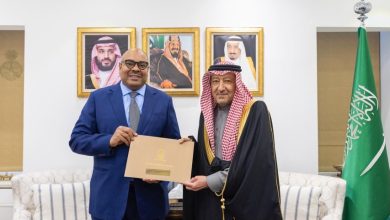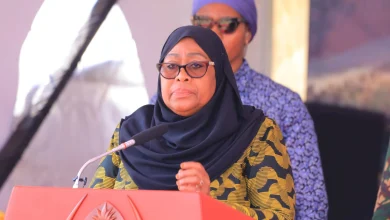Mpango urges global unity to fight hunger, poverty

BRAZIL: VICE-PRESIDENT, Dr Philip Mpango has called on nations to join forces in the fight against hunger and poverty, warning that the crises transcend national borders and threaten sustainable rural development worldwide.
Speaking during a panel discussion on ‘The International Alliance Against Hunger and Public Policy for Food Security’ at the Brazil-Africa Conference on Food Security, the Fight Against Hunger, and Rural Development, Dr Mpango said the effects of poverty and hunger are severe and have greatly affected the African continent despite its abundant resources. The conference was held in Brasília, Brazil.
He commended the President of Brazil, Luiz Inácio Lula da Silva, for initiating efforts to unite nations and encourage collaboration between wealthy and developing countries.
The Vice-President said that Brazil could be a valuable partner for African countries in crop agriculture and rural development due to its use of advanced technology and the significant strides it has made in various sectors.
Moreover, Dr Mpango stressed the need for predictable and supportive policies that will enable the private sector, including smallholder farmers and investors in the agricultural sector, to be assured of production and markets for their products.
“Other essential policies should focus on empowering women, who are key stakeholders in African agriculture, by enabling land ownership and eliminating oppressive cultural practices,” he said.
Dr Mpango also urged leaders to listen to and acting on advice from private sector stakeholders, including farmers, to promote agriculture as a business.
He said Tanzania has been using business councils, which operate from district to national levels, to listen to challenges and recommendations from the private sector in order to improve policies.
The Vice-President highlighted several issues that must be addressed to tackle hunger and poverty, including, ending wars and political conflicts, climate change, ensure there are essential agricultural infrastructure such as irrigation, crop storage and ICT, which help in accessing vital information on seeds, markets and agricultural products.
He also identified other challenges needing attention as lack of funding for the agriculture sector, exportation of unprocessed raw materials and investment in research and development.
Others include lack of critical agricultural data, technological challenges across all stages of production and unfavourable tax and trade policies that discourage agricultural growth and activities.
The Brazil-Africa discussions are the second in the series of dialogues, with the first held in 2010 in Brazil.
The discussions are organised by the government of Brazil through its Ministry of Agriculture, in collaboration with the Brazilian Cooperation Agency (ABC) and the Brazilian Agricultural Research Corporation (EMBRAPA).
The dialogue brings together Heads of State and Government, Ministers of Agriculture from African countries, international organisations such as FAO, IFAD, WFP, the World Bank as well as experts and technical partners.
The conference also provides a unique platform to explore areas of collaboration under the Global Alliance Against Poverty and Hunger, launched during the G20 Summit in November 2024 in Rio de Janeiro.
The conference also focused on tangible achievements in agriculture, food security and nutrition, technical cooperation and international trade





